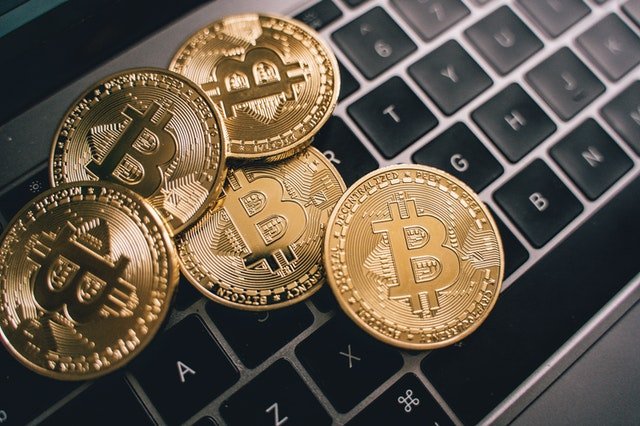After spending a lot of time buying and trading on both domestic and foreign markets, you will find that the process becomes easier and almost intuitive. You no longer have to work so hard to determine currency conversion or find the next big explosive commodity.
It will be like second nature for you.
What, then, becomes the next big challenge for someone trading on the open market? What keeps things from becoming monotonous and boring? First of all, there is always something new and different happening on the Foreign Exchange Market. Remember, it operates 24 hours a day, and you never know what you will find when you wake up in the morning.
However, there are various ways that you can take advantage of the variance in currency conversion and a lag in time between markets that can affect trading values.
Arbitrage
There are some commodities that are traded in multiple currencies on multiple markets on Forex. Although computers have made worldwide communication almost lightning fast these days, all of these markets can trade 49
together with fairly equivalent values for the securities shared across currencies.
However, the system is not perfect, and the value may rise or fall in one country and currency prior to the same change in value reaching across another border. Seasoned traders have learned to take advantage of this lag in the market trending by using a process called arbitrage.
In this transaction, you purchase the particular stock or security on the market with the lower price while simultaneously selling the same in a market where the value is higher. The process is a bit complex, so we will use an example. Let’s say that one U.S. dollar is equivalent to .5 British pounds, meaning that everything is going to be twice as expensive in British pounds.
Now, let’s take a look at the price of a stock that is traded on both markets. If they were equivalent, then the stock would trade for two dollars in the United States and one pound in Britain. However, if something happens and the stock value drops in Britain, it is six hours ahead of the United States, and this drop may not hit the American market immediately.
If the value of the stock drops in Britain to .8 pounds, the purchase price is now below that of the price in dollars due to the currency conversion. In this case, arbitrage would take place when you bought shares of the stock in on the 50
British market in pounds and sold it on the U.S. market in dollars, benefiting by the slow communication of the fall in value of the stock. In effect, you will make $.40 per stock.

When you buy on margin, the money lent by the stockbroker is referred to as a margin account. The margin account is provisional based on the value of the stock. Occasionally, if the value of the stocks purchased should drop too low for the safety margin set forth by the broker, the agent will request that more money be deposited into the margin account to make up for loss. This is referred to as a margin call.
In some trades, the market value does not come into play. For instance, a forward trade is set up between two individuals or two companies outside the open market. It involves a process of negotiation and an eventual compromise in price.
There is usually a bid made – the offer to buy a commodity at a certain price – and an asking price or offer – the price for which the other business entity is willing to sell the securities or other holdings.
The difference between these two purchase numbers is referred to as the spread.
If the spread cannot be narrowed and eventually closed, no deal can be made. This agreed-upon price is called the forward price, and all details involved in the trade process when this type of transaction takes place are detailed in a contract and referred to as forward points. Usually, the forward price is outlined as available for a particular date, and should the transaction not be completed on this date.
When you buy on margin, the money lent by the stockbroker is referred to as a margin account. The margin account is provisional based on the value of the stock. Occasionally, if the value of the stocks purchased should drop too low for the safety margin set forth by the broker, the agent will request that more money be deposited into the margin account to make up for loss. This is referred to as a margin call.
In some trades, the market value does not come into play. For instance, a forward trade is set up between two individuals or two companies outside the open market. It involves a process of negotiation and an eventual compromise in price.
There is usually a bid made – the offer to buy a commodity at a certain price – and an asking price or offer – the price for which the other business entity is willing to sell the securities or other holdings.
The difference between these two purchase numbers is referred to as the spread.
If the spread cannot be narrowed and eventually closed, no deal can be made. This agreed-upon price is called the forward price, and all details involved in the trade process when this type of transaction takes place are detailed in a contract and referred to as forward points. Usually, the forward price is outlined as available for a particular date, and should the transaction not be completed on this date.
Do you want to learn the ins and outs of trading :
tinyurl dot com/3ewskbk5 (copy and paste this in a new tab and remove DOT with actual .)
Your post was upvoted and resteemed on @crypto.defrag
Downvoting a post can decrease pending rewards and make it less visible. Common reasons:
Submit